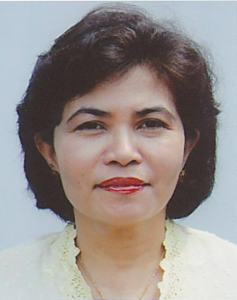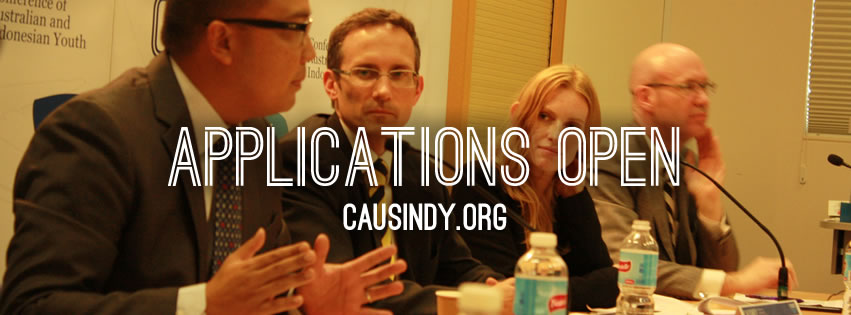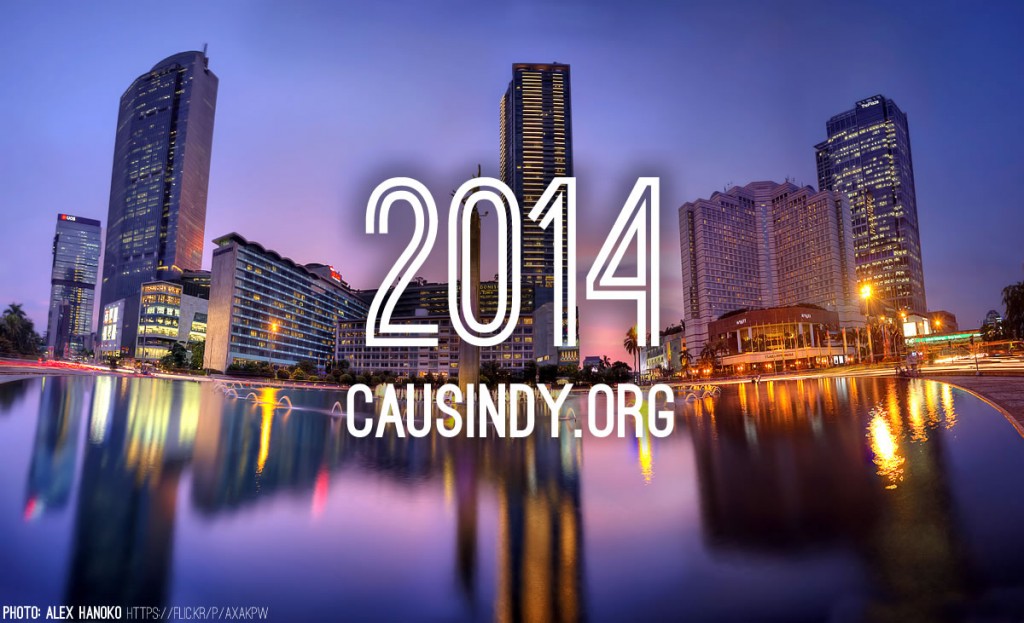This article by the Indonesia Institute’s Ross Taylor first appeared in The West Australian in September, 2013.
The PM-elect Tony Abbott got off to a good start in building trust and a good working relationship with Indonesia. His telephone conversation last week with Indonesia’s president, Susilo Bambang Yudhoyono, (SBY) has set the scene for both countries to co-operate in the implementation of the coalition’s ‘turn back the boats’ policy.
Indonesia knows that good relations between our two countries are critical at this time throughout the region, and particularly as both the USA and China are now positioning themselves as the regional superpower.
The danger for Australia’s incoming government however, is that Indonesia has a democratic electoral system as robust as that in Australia, and as Indonesia now heads into its own national pre-election period, a ‘turn back the boats’ policy could easily become a strong point of nationalism in Indonesia used by opposition parties, for domestic political purposes, to portray Australia as the big and arrogant southern neighbour.
And the suggestion by Mr Abbott that Australia would buy old fishing boats and pay village wardens to ‘dob in’ people smugglers is seen by most Indonesians-including senior government officials-as silly and quite offensive to Indonesia.
Mr Abbott will therefore need to handle this matter with great skill and diplomacy because at some stage, if the coalition government desires to build a deeper relationship with this emerging giant of 240 million people situated on our doorstep, the focus will need to move beyond not only the ‘boats’, but also beyond the other two dominant issues that sucks any oxygen out of larger and more significant issues facing our two countries: Beef and Bali.
The term ‘Beef, Boats and Bali’ was coined on the recent ABC ‘Q&A’ program that was filmed live in Jakarta. It was a phrase that did in a way summarise how many Australians see our relationship with Indonesia; a relationship built upon misperceptions, fear and a narrow community mindset that is trapped in a twenty year-old time warp.
The PM-elect and his soon-to-be foreign minister may therefore, as a first step, take a look at a snapshot of how Australians view today’s Indonesia. The recent survey conducted within Australia by our own Department of Foreign Affairs revealed a community perception of Indonesia that is insightful but disturbing in its misunderstanding of our near neighbour:
- 50% see Indonesia as a military threat to Australia.
- 53% see Indonesia as having an undemocratic political system.
- 50% see Indonesia as having laws based on the Islamic code.
- 20% of Australians see Bali as an independent nation,
- and the two words most associated with Indonesia were ‘Holidays’ and ‘Muslims’.
Ironically, very few Australians see Indonesia as it really is: the absolute opposite of the above. These misperceptions are often fuelled by politicians who seem only to focus on the ‘three B’s’, and also some sections of our electronic media who appear interested only in the latest Bali holiday disaster.
The second thing that Ms Bishop should consider doing is to attend the inaugural Conference of Australia & Indonesia Youth in Canberra next month. Thirty youth leaders from both countries will attend this event that has the appropriate title, ‘Our turn to decide’. They are right, as these young people can provide our foreign minister with an honest and achievable vision for the future, and some good starting points.
These could include making it easier for our youth to move more freely between our respective shores; to be able to work, holiday and learn without bureaucratic red tape that makes it simply too hard at present for many young people.
We need to look how more young people from Indonesia can undertake temporary work here in the hospitality and tourism sectors, and how young Australians can live and study in Indonesia. In this regard the coalition’s reverse ‘Colombo Plan’ is an excellent initiative.
As part of the review of our foreign aid budget for Indonesia we need to ensure the focus is on how to lift the living standards and education of young people into the 21st century. Indonesia is already number three in the World for Facebook usage and number two for Twitter, yet online banking using smart phone technology is almost non-existent. Their youth are ‘high tech’ savvy, but the country’s internet infrastructure is rundown and outdated. Here is an opportunity for Australia to make a difference.
So whilst the immediate challenge for Mr Abbott and Ms Bishop will be about turning around the boats, there must be a broader agenda to completely review the relationship to move beyond the too often used cliché, of needing, ‘to build closer ties’ because without a coherent plan they indeed become ‘just words’.
The ‘Indonesia Strategy’ as developed by DFAT provides the framework for a substantial upgrading of the bi-lateral relationship. Australia and Indonesia are very different in many respects but we are also natural partners. Therefore the sooner we start to look beyond ‘Beef, Boats and Bali’, the sooner we will genuinely strengthen the relationship, starting by re-focusing on our young people, language skills, technology, and exchange programs. Then business, cultural and educational opportunities will flow to benefit both countries, and the region.
It’s just a matter of whether the new PM and his foreign minister are willing to seriously invest in a new and more vibrant relationship with our close – and very youthful – neighbour.
All the indications are that they will.
Ross Taylor AM is the Chairman of the Indonesia Institute (Inc) and Australia’s 2013 ‘Presidential Friend of Indonesia’.



